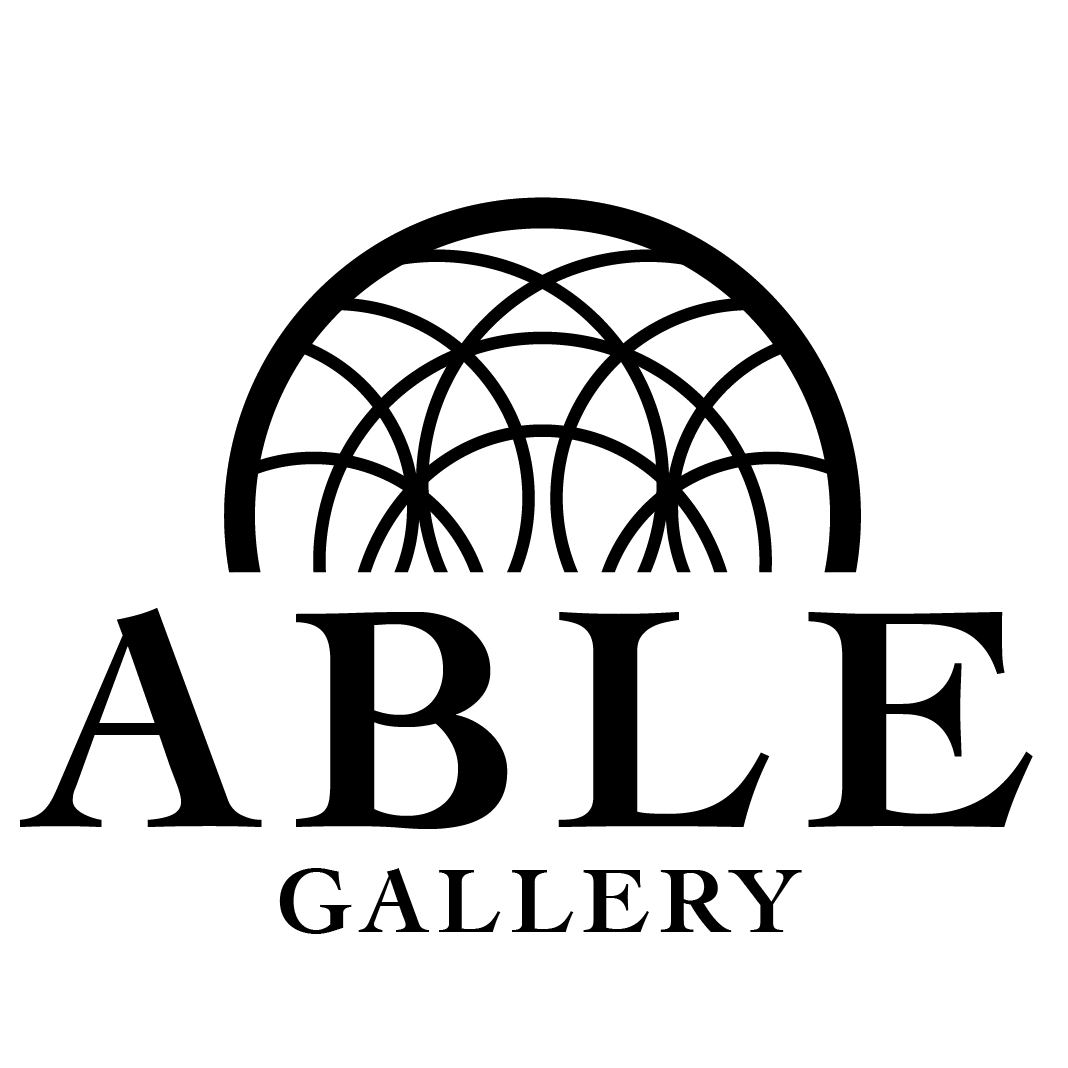Early Life and Background
Site Of The Day
Frida Kahlo was a groundbreaking Mexican artist known for her deeply personal self-portraits and powerful exploration of pain, identity, and resilience through bold, symbolic imagery rooted in Mexican culture.
Birth: Born on July 6, 1907, in Coyoacán, Mexico City.
Health Issues: Polio in childhood; major injuries from a bus accident at 18 led to chronic pain and surgeries.
Style: Surrealism, Magical Realism, and Mexican Folk Art – emotionally symbolic self-portraits with strong national identity.
Notable Works: The Two Fridas (1939), Self-Portrait with Thorn Necklace and Hummingbird (1940), The Broken Column (1944)
Marriage: Married Mexican muralist Diego Rivera in 1929; their relationship was famously passionate and turbulent
Political Activism: Active supporter of communism and indigenous rights; maintained close ties with revolutionary figures
Influence: A feminist icon and symbol of Mexican identity; influenced generations of artists through her fearless exploration of pain and selfhood
Museum: Frida Kahlo Museum (La Casa Azul), Mexico City
Mexico artist
Mexican Culture and Folklore, Nature and Animals, Politics and Social Issues, Self Portraits, Surrealism
Identity, postcolonialism, gender, class, and race in Mexican society.
Though not widely awarded during her lifetime, Kahlo gained international acclaim posthumously, with major retrospectives at institutions such as MoMA, the Tate Modern, and the Louvre.
Site Of The Day
Site Of The Month
Site Of The Month
Site Of The Day
